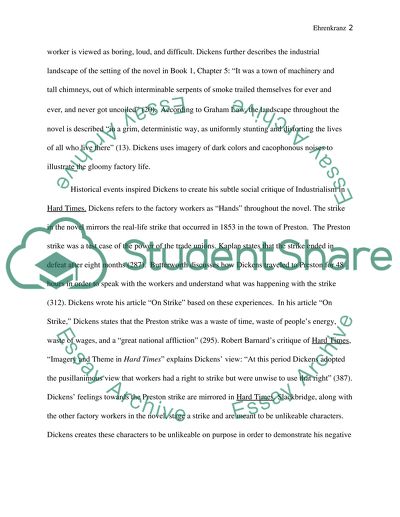Cite this document
(“The Negative Effects of Industrialism in Hard Times Assignment”, n.d.)
Retrieved from https://studentshare.org/literature/1438097-ph-d-literary-analysis-assignment-hard-times-by
Retrieved from https://studentshare.org/literature/1438097-ph-d-literary-analysis-assignment-hard-times-by
(The Negative Effects of Industrialism in Hard Times Assignment)
https://studentshare.org/literature/1438097-ph-d-literary-analysis-assignment-hard-times-by.
https://studentshare.org/literature/1438097-ph-d-literary-analysis-assignment-hard-times-by.
“The Negative Effects of Industrialism in Hard Times Assignment”, n.d. https://studentshare.org/literature/1438097-ph-d-literary-analysis-assignment-hard-times-by.


